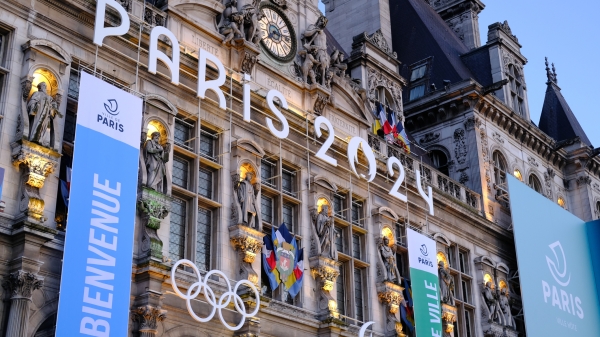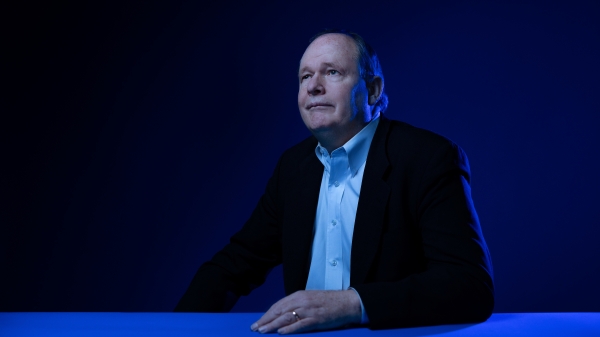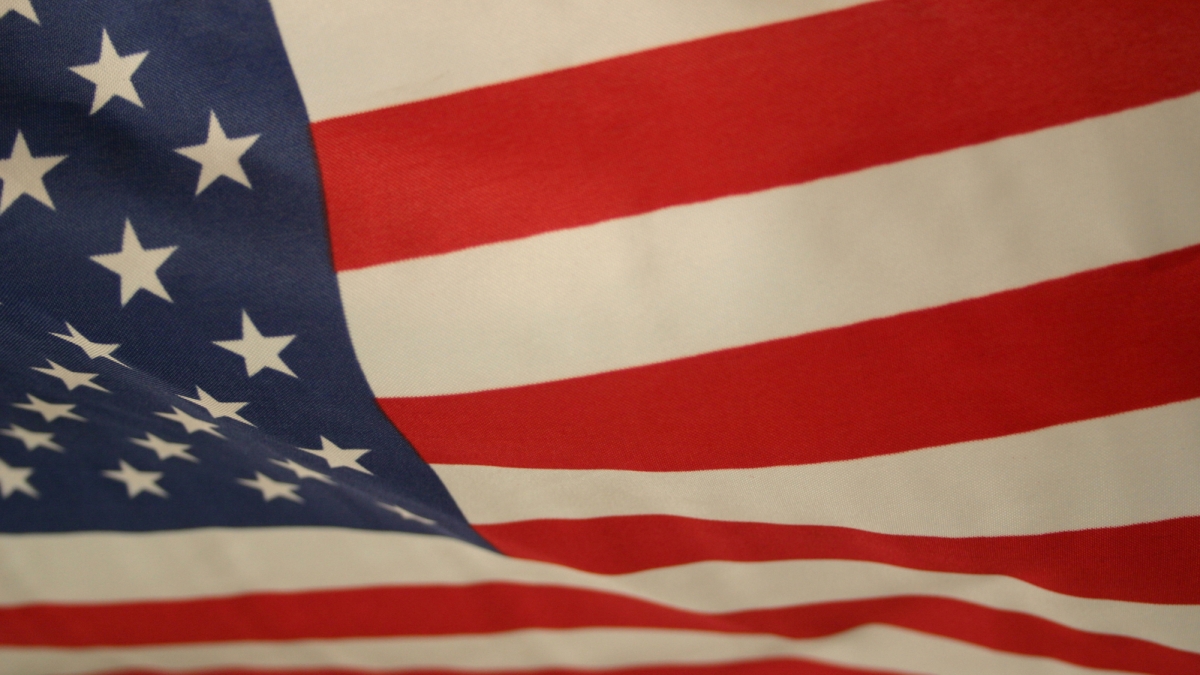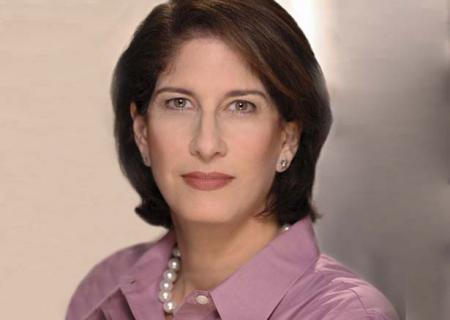The 2016 presidential election is one of the most contentious campaigns in recent memory.
Mara Liasson, pictured left, and National Public Radio’s national political correspondent, will shed light on the contest as a part of Barrett, the Honors College’s John J. Rhodes Lecture in Public Policy. Liasson, who has been named the 2016 Rhodes Chair in Public Policy and American Institutions, will deliver her lecture, “A Citizen’s Guide to the 2016 Elections,” at 7 p.m. Thursday, Feb. 25, in the Katzin Concert Hall on the ASU Tempe campus. The event is free and open to the public. For tickets, visit barretthonors.asu.edu/rhodes2016.
To preview her appearance Liasson took some time to discuss the election with ASU Now.
Question: How have President Obama’s policies helped shape both the Democratic and Republican primaries?
Answer: In the Republican primaries, the candidates are running to reverse President Obama’s policies and making it a referendum on how to stop him.
On the Democratic side, the debate is how either to best preserve Obama’s policies or build upon them.
Q: What is helping fuel the rise of anti-establishment candidates in both parties?
A: Several things are fueling the rise of anti-establishment candidates. One is a stagnant middle class income. Another is terrorism abroad and at home. There also are changing demographics of the electorate, and political gridlock in Washington.
Q: As we approach the general election, are candidates going to campaign with a focus on encouraging their base to turnout or appealing to moderate and independent voters?
A: I believe it will be a campaign focusing mostly on each candidate’s base.
Q: How does covering the candidates this year compare to previous cycles?
A: In this cycle there are more candidates, which makes it more difficult to cover them.
However, new technology, such as social media and apps, makes it easier to track their activities and stay informed about them.
More Law, journalism and politics

New online certificate prepares grad students for complex challenges of US democracy
If United States politics in the 2020s have revealed anything so far, it’s that the U.S. has a complex history with ramifications that still powerfully resound today. In order to help students…

Reporting live from Paris: ASU journalism students to cover Olympic Games
To hear the word Paris is to think of picnics at the base of the Eiffel Tower, long afternoons spent in the Louvre and boat rides on the Seine. Competitive sports aren’t normally top of mind.However…

Exploring the intersection of law and technology
Editor's note: This expert Q&A is part of our “AI is everywhere ... now what?” special project exploring the potential (and potential pitfalls) of artificial intelligence in our lives. Explore…

